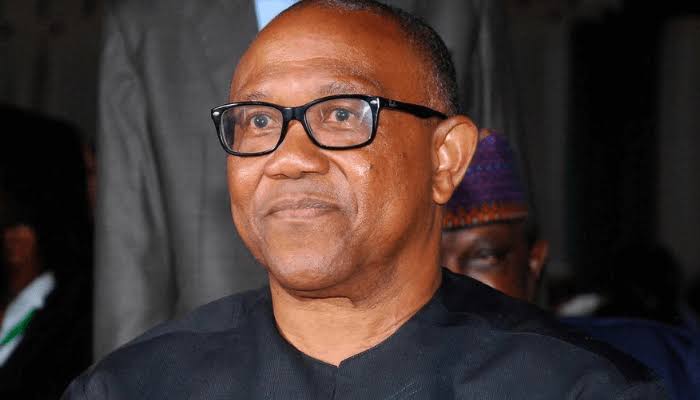Before the discovery of crude oil in 1956, Nigerian economy centered on agriculture. In the Western part of Nigeria, there was maximum exportation of Cocoa, in the North, they exported groundnut maximally, palm oil and palm kernel remained the major source of income in the Eastern part of Nigeria. The economy was booming until 1956 when crude oil was discovered in Nigeria, the government since then focused on crude oil and neglected agriculture. Instead of diversifying the economy, the government only pay maximum attention on crude oil. This is the genesis of Nigeria’s economic problem.
First of all, what is fuel subsidy? Fuel subsidy maybe defined as the government intervention to give full financial supports to oil marketers, and reduce cost for the citizens. It is not gainsaying that Nigeria is one of the largest producers of crude oil in Africa, and it is the major source of income for her economic growth and development. The removal of fuel subsidy by president Bola Ahmed Tinubu on 29th of May 2023 is a very good move if the money will be judiciously utilized. That is, to channel the subsidy money into other sectors of the economy, such as agriculture, health, education, electricity and so on.
As a matter of fact, all the presidential aspirants for the 2023 election promised to remove fuel subsidy if elected. This is because, they are all aware that the money is being syphoned by few, but powerful people at the top over the years. Hence, they wanted to put an end to the so-called subsidy regime. Fuel subsidy removal in Nigeria immediately after the 2023 inauguration of president Bola Ahmed Tinubu was a big shock to Nigerians, as they never expected it at that point in time. This actions of Mr president however, make the entire citizens economically uncomfortable, and increase hardship among the people of Nigeria, but it is going to bring about drastic change in the country.
The fuel subsidy regime is automatically over, and corruption in that area will become history. According to National Orientation Agency, the removal of fuel subsidy will put an end to corruption, which has made some individuals stupendously rich without industry. Other benefits of fuel subsidy removal in Nigeria include;
i. availabilities of local refineries will boost the country’s economy. The two refineries in Port Harcourt, one in Warri, and one in Kaduna will begin to function well together with the Dangote refinery in Lagos. All these five refineries will boost the economy of Nigeria before the end of president Bola Tinubu’s administration.
ii. creation of employment opportunities in Nigeria. About five trillion naira spent on fuel subsidy annually, will now be channeled towards creating more industries, and job opportunities at every nook and cranny of Nigeria.
iii. provision of social amenities in Nigeria. The fuel subsidy money will now be used in other sectors of the economy, just like president Bola Tinubu intends to focus on agricultural revolution to attain sustainable development.
In conclusion, there is no gain without an iota of pain. There is no part of the world where change has come on a platter of gold. That is to say, if Nigeria will grow economically, the strict policy of president Tinubu on subsidy removal will eventually bring about a good end, but Nigerians must endure, reduce expenses at this point in time to see the positive outcome of this policy.







